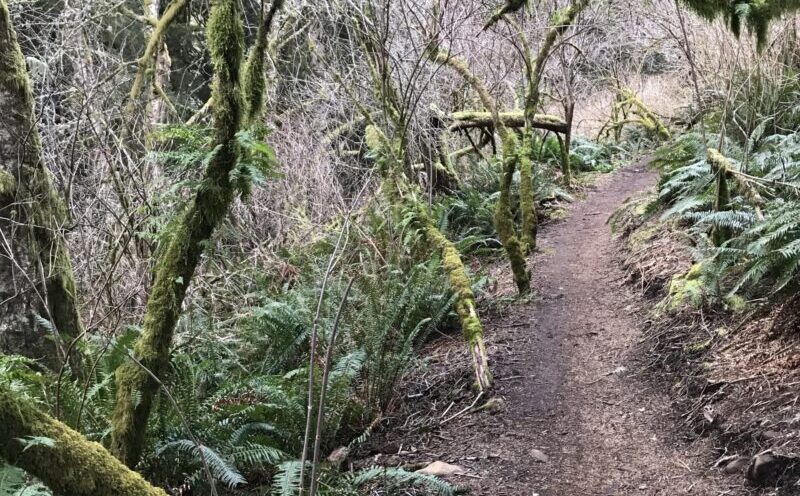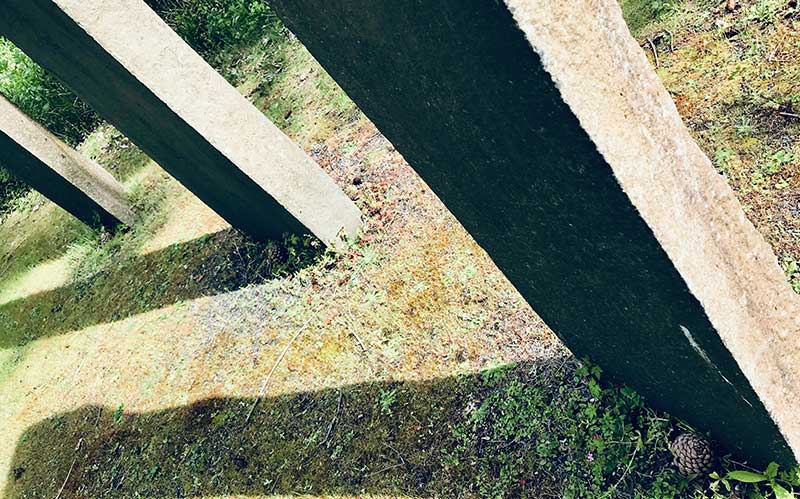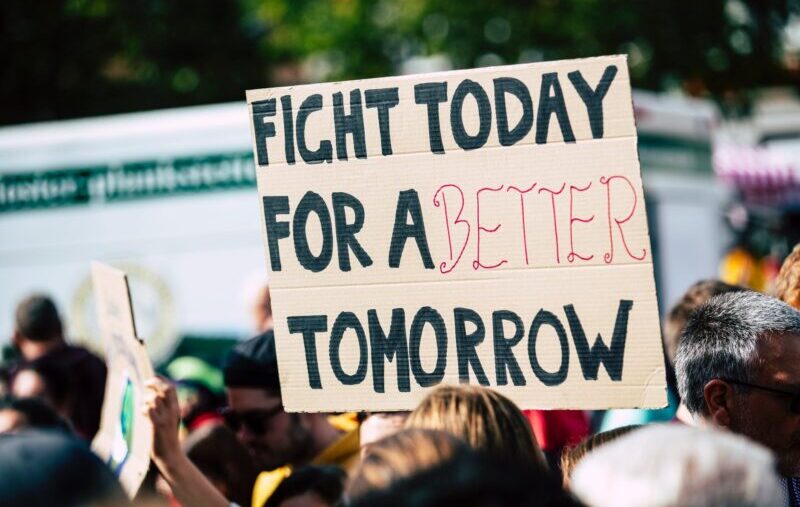 Everyone wants to talk about harvesting. A few want to talk about planting. Even fewer want to talk about preparing the soil.
Everyone wants to talk about harvesting. A few want to talk about planting. Even fewer want to talk about preparing the soil.
I came across an article yesterday called What Amazing Bosses Do Differently. Like so many books and articles out there right now it says all the right things. None of it is new. Here’s the last paragraph:
The common denominator is attentiveness. Pay close attention to your employees as individuals. Take that extra bit of time to build their confidence and articulate a vision; to provide constant, ongoing, high quality feedback; and to listen to their ideas. And ensure that your own messages are consistent. Is it hard work? Yes. But it’s worth it.
Attentiveness? Check. Vision? Check. Feedback? Check. Consistency? Check.
Hard work? Check. Just not the right kind.
Do we really think another researched-based study that comes to the same conclusion as the last one is going to get our leaders to change their behaviors? That will only happen when organizations realize they don’t get to have it both ways.
Telling our leaders what they already know without getting them ready to apply it is a recipe for cynicism. It promises to deepen the resistance to change that is fed by corporate pronouncements about “employee engagement” that fail to come with any substantive cultural change to support them. Our leaders continue to default to fear-based, controlling behaviors for two reasons:
- It’s what their organizations are compensating them to do.
- It’s the easiest way to ensure performance in the short term.
The best way to appreciate the danger of the reality we’ve created – yes, we are all complicit – is to go back to the farm.
If you’ve worked on a farm of any size or even carefully tended a garden you know that planting and harvesting can be good, hard work. You also know that those activities are nothing compared to what it takes to properly prepare the soil. Turning just a few spades of dirt, especially in compacted and root-bound soil, is enough to remind you what physical labor really is. And it is our willingness to stick with it – to turn it, amend it and smooth it out – that makes the difference in the quality of what it will produce.
One of the first principles of planting crops of any kind – assuming you want to avoid chemically “enhancing” the soil – is that from one year to the next you rotate them into different sections of the field. (This applies to small garden planters as well.) Since different varieties absorb different nutrients from the soil this prevents any one crop from taking more than it’s share.
The corporate bias, in a thoroughly unimaginative response to the speed of complexity and change, is to simply take all it can while it can. This failure to tend their own soil makes them slaves to the present instead of caretakers of the future. In the same way that crop yields diminish in depleted soil so too do organizational results wither from the lack of attention to the first principles of long term growth.
Defining “Hard Work”
What we need to talk about – what so few want to talk about – is the kind of “hard work” that our organizations and our leaders must engage in if we are to see real change. In my experience, a person who is both willing and able to do the “hard work” of practicing great leadership behaviors does so because first – first – they have tended their own soil.
Organizations must create the conditions where this is not only possible but also expected. To be a “leader” must come with clearly articulated, high expectations of self-knowledge that precedes behavioral training. Advancement to leadership positions must be contingent upon an individual’s ability to display a detailed understanding of their values, strengths, aspirations and limitations. They must be able to define themselves both at their best and at their worst, demonstrating an awareness of the conditions in which they thrive and those most likely to send them off the rails.
My bias would be to send a prospective leader to therapy or counseling for a year before he or she took the role. Since I live in the real world I will relinquish that fantasy in favor of developmental initiatives that allow for a deep understanding of each individual’s “soil composition” and just what is needed to amend it for them to grow – and support others growth – as well as they can. These programs already exist. We just need organizations to have the courage to put them into play.
We must also stop confusing positional competence with leadership capability. It’s a shortcut, knowingly taken far too often, that utterly fails to serve men and women who would otherwise thrive with the influence of a qualified leader. Organizations will further impoverish themselves if they continue to teach new skills to people who have not addressed their own compacted and root-bound soil.
The articles about “brilliant bosses” and the lists of “best leadership behaviors” are sure to keep coming. They will be dressed up differently but made of the same stuff. We need to do better than this.
We need to collectively reject the temptation to plant in poor soil, the bias for short term thinking that limits the quality and quantity of our yield.
We need to get our hands in the dirt, face up to the reality of what we find there and make it ready to support the growth for which those we lead are so hungrily waiting.
DAVID BERRY is the founder of RULE13 Learning. He speaks and writes about the complexity of leading in a changing world, especially the parts where he doesn’t handle it very well. If you enjoyed this post someone else might, too. Please pass it along.




